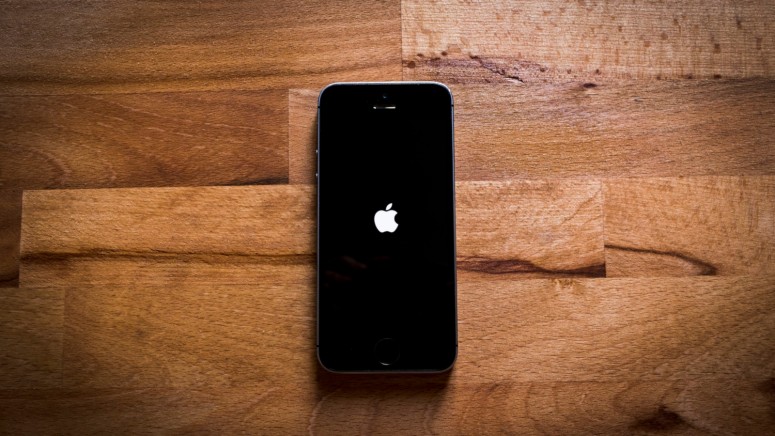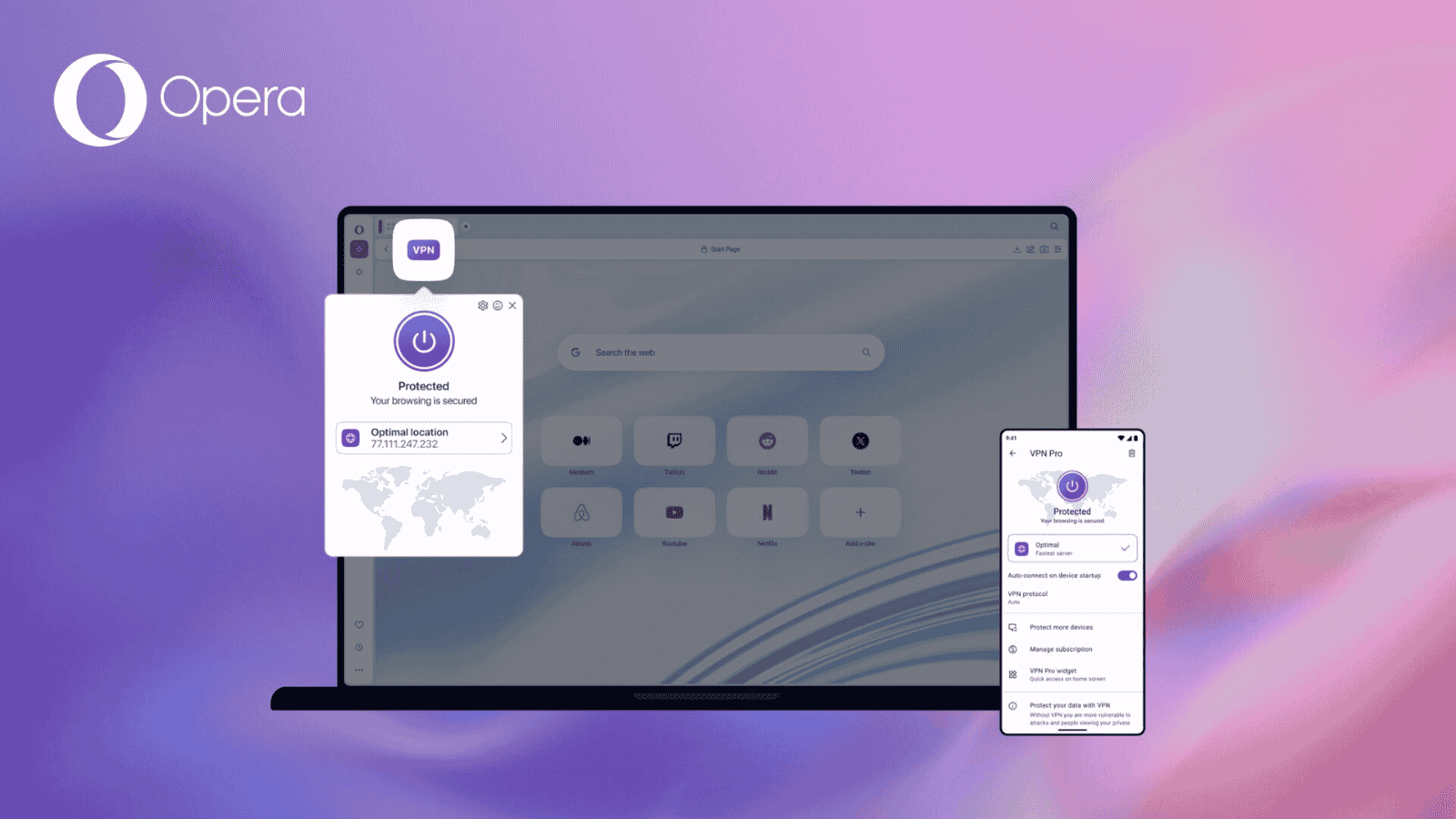
Qualcomm ‘Tricks’ Munich Court Into Banning Apple’s iPhone Models in Germany
- Qualcomm wins one more court battle in Germany, after applying clever legal tactics.
- Apple will appeal the decision, possibly claiming biased ruling based on inadequate evidence.
- The legal fight of the two tech giants will continue in Germany, as other courts will issue rulings on alleged software patent infringements.
The Munich Regional Court has banned all Apple iPhone models that utilize a particular combination of Intel and Qorvo chips from being sold in Germany. According to the court’s ruling, Apple is violating a power management patent owned by Qualcomm which allows smartphones to stay energy efficient during modem operation. Now Apple will have to withdraw all iPhones that use Qorvo components from Germany, as this is not something that can be resolved with a software update like they did with the China injunction.
What is interesting to note is that the Munich’s court ruling was based on the infringement of a patent that their US counterparts ruled as non-infringing. More specifically, an ITC (International Trade Commission) judge decided not to ban Apple products in the US after reviewing the schematics of the Qorvo chip and deducing that the specific patent was not infringed. With this in mind, Qualcomm laid out a different plan for their Munich lawsuit, not disclosing the schematics of the chip in question to the German court due to the fact that their European lawyers wouldn’t sign a non-disclosure agreement for the design of the chips. This was a legal trick as the decision to allow the presentation of this evidence or not burdened the court, which in turn refused to allow it.
For now, though, Apple will appeal the ban so the ruling won’t have immediate effect until the court examines the appeal. In the meantime, the two giants continue their fierce legal battle on other courts in Germany (and all around the world), with Qualcomm’s claims focusing on other patents that relate to the software used in iOS, and Apple pushing targeted updates to German iPhones that remove the infringements.
What is your side on Apple vs. Qualcomm battle? Let us know in the comments section below, and don’t hesitate to become a part of our thriving online socials community on Facebook and Twitter.






